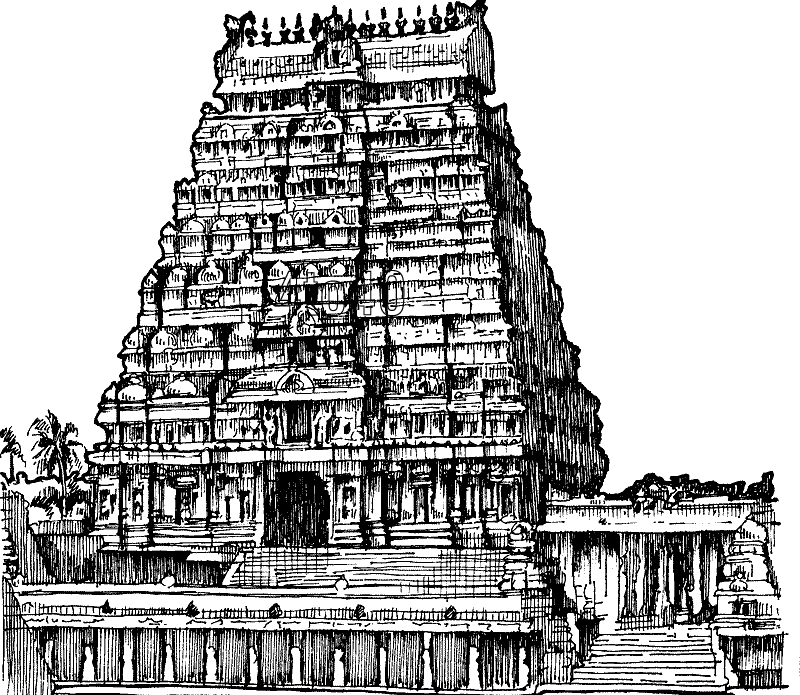LALITHA SAHASRANAMAM # 218
- S Subramaniam
- Aug 5, 2023
- 2 min read
LALITHA SAHASRANAMAM

महारूपा महापूज्या महापातक-नाशिनी ।
महामाया महासत्त्वा महाशक्तिर् महारतिः ॥ ५४॥
Maharupa Mahapujya Mahapataka nashini Mahamaya Magasatva Mahashaktir Maharatih – 54
महारतिः (218)
Maharatih (218)
Meaning:
Devi provides to her devotees eternal happiness.

Interpretation:
In this Namah, as usual, the prefix Maha refers to the greatest one and the term Rati means pleasure or happiness.
Clarification #1 (1 of 2)
The term महारथी (Maharathi) when read in whole some means a warrior who can single handedly face tens of hundreds of warriors. But it is spelt as
महारथी and not to be confused with महारति which refers to Devi.
Clarification #2 (2 of 2)
The term रति can be split in two ways Ra + Iti in which case it refers to giver Indrasya Rati says the Rig veda meaning Indra bestows gifts.
The term रति can also be spilt as Ram + Ti in which case it refers to pleasure, happiness etc. Devi is referred to as रति in this namah in this way.

Quotes referring Rati to mean Happiness
There are several instances where the term रति (Rati) indicates pleasure or happiness. A few of them are discussed below:

अकृतार्थेऽपि मनसिजे रतिमुभयप्रार्थना कुरुते
Source : verse from Varanasi Mahatmya
Meaning : Fondness for, devotion or attachment to, pleasure etc

सानन्दं सदनं सुताश्च सुधियः कान्ता प्रियभाषिणी
सन्मित्रं सधनं स्वयोषिति रतिः चाज्ञापराः सेवकाः
आतिथ्यं शिवपूजनं प्रतिदिनं मिष्टान्नपानं गृहे
साधोः सङ्गमुपासते हि सततं धन्यो गृहस्थाश्रमः ॥
Source : verse from Chankya Nidhi
Meaning : The person whose son is intelligent, whose wife is affectionate, friends are trustworthy, servants obey orders, good food is served, worship of deities is done religiously etc. that home is the storehouse of happiness.
रतिर्मनोनुकूलेऽर्थे मनसः प्रवणायितम्
Source Bhartrhari verse 2.77
ससत्त्व- रतिदे नित्यं सदरामर्षनाशिनि
Source Kiratarjuniya verse 15.27.

Author's Notes:
The Namah Maharatih has a wider, deeper meaning than what it literally conveys. Pleasure / Happiness should not be understood as to means the one that is temporary and last for a short duration of time. The happiness mentioned in the Namah is the eternal happiness or the one that is bestowed only once and that lasts forever. It is the happiness of Mukti / Liberation. Devi is the only one who can provide this kind of happiness to her devotees and therefore she is addressed as Maharatih.
Disclaimer: All matters contained in this article are the property of www.templesofasia.com. The opinions expressed in this article are purely that of the author. The author alone is responsible for the accuracy, authenticity, completeness and validity of all the information in the article.


Comments